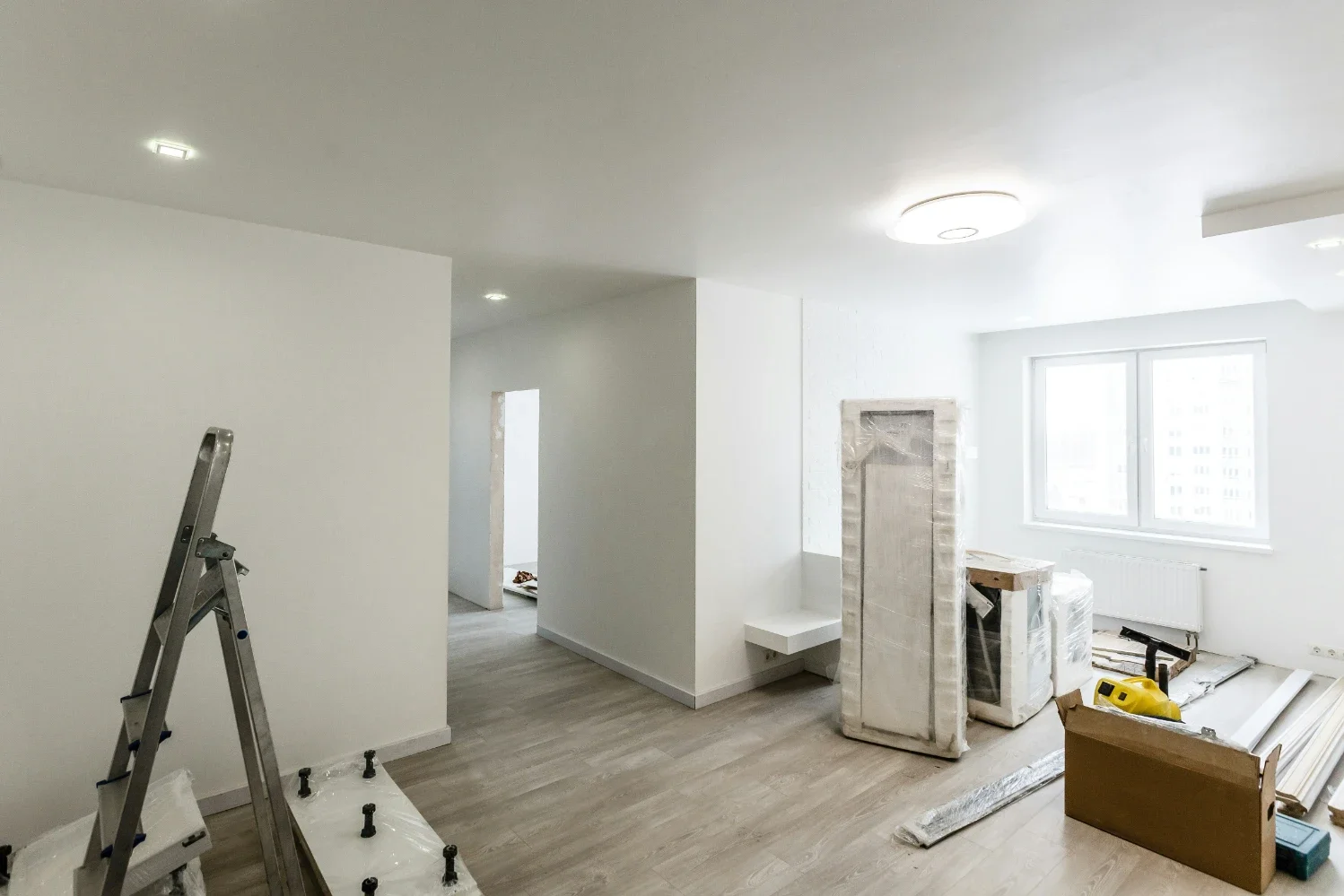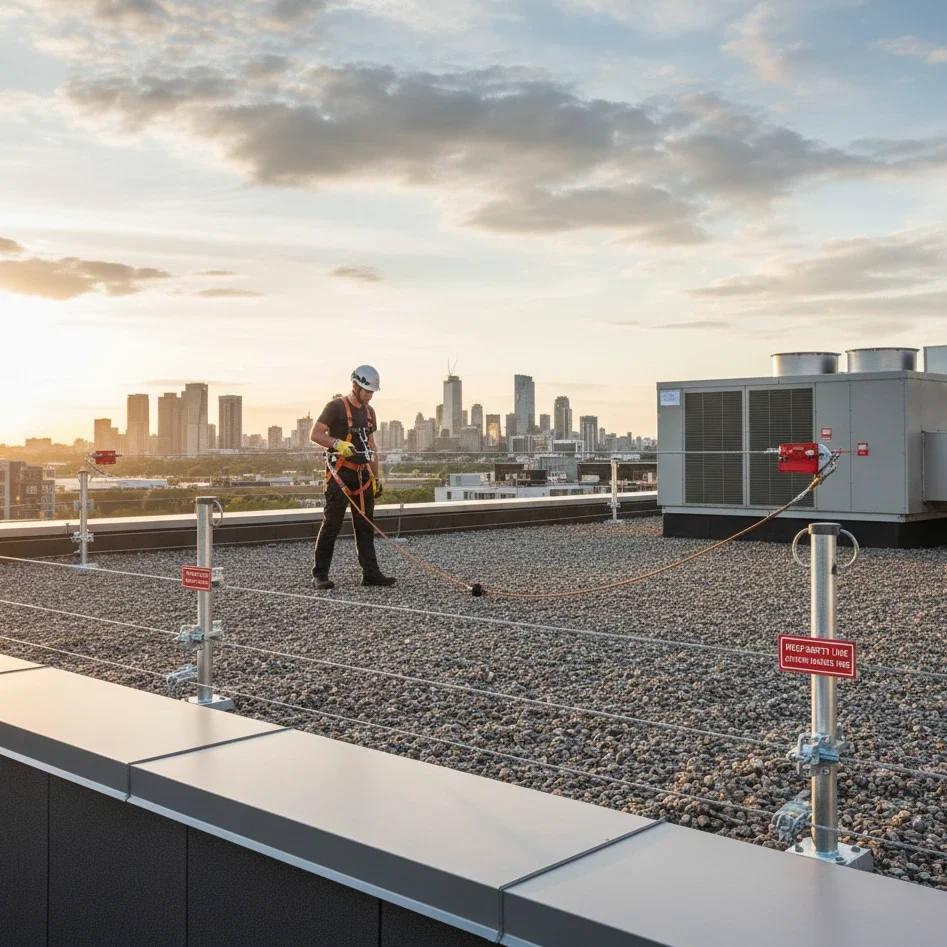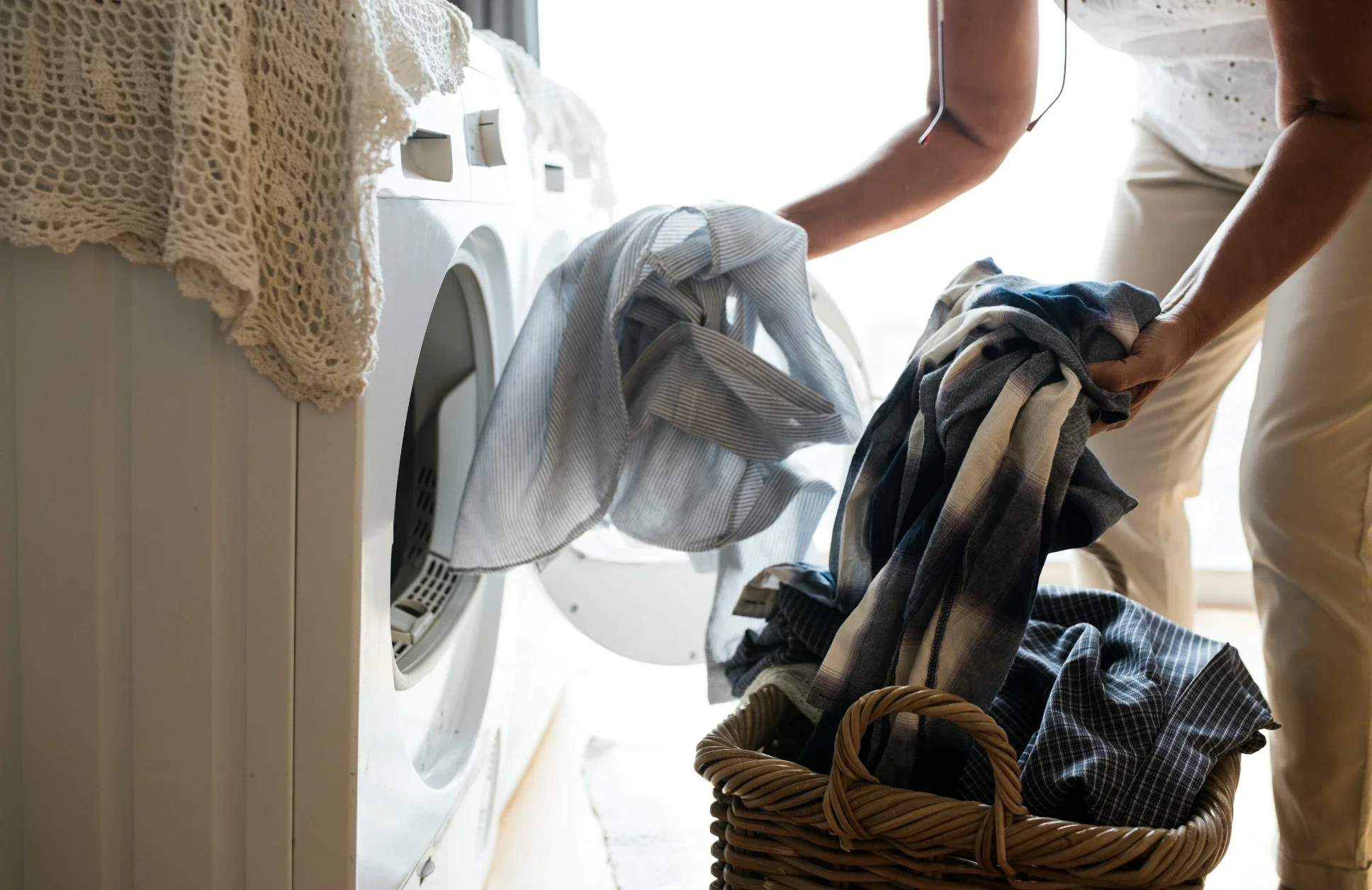Why Does My Bathroom Smell Like Sewage? Find Out
Curious about why your bathroom smells like sewage? Find out the common causes of this unpleasant odor and discover effective solutions to keep your bathroom smelling fresh.
Ever walked into your bathroom and been greeted by an unpleasant, sewage-like odor? You’re not alone! It’s a common issue that can leave you scratching your head and wondering, "Why does my bathroom smell like sewage? Find out the causes and solutions to tackle that pesky smell."
In this comprehensive guide, we’ll dive deep into why your bathroom might be emitting that foul stench. From dry traps to clogged sewer lines, we’ll uncover the reasons behind this problem and provide practical tips to restore freshness to your bathroom.
Why Does My Bathroom Smell Like Sewage? Find Out the Common Causes
1. Dry Traps: The Silent Culprit
Let’s start with one of the most frequent offenders: dry traps. These U-shaped pipes under your sink or shower are designed to prevent sewer gases from sneaking into your home.
Why It Happens: When a fixture is unused for an extended period, the water in its trap can evaporate. This evaporation leaves the trap dry and ineffective, allowing unpleasant sewer odors to escape into your bathroom. This is particularly common in seldom-used sinks, floor drains, or other fixtures, where stagnant water is not replenished regularly.
Solution: To prevent odors from escaping, run water through all your fixtures regularly, even if they are not frequently used. This will keep the traps filled with water, ensuring they function properly and block sewer gases from coming up through the drain. For fixtures that are rarely used, periodically pour a small amount of water into the drain to maintain the trap’s seal. This simple maintenance task can effectively prevent unpleasant smells and ensure your plumbing system remains in good working order.
2. Faulty or Blocked Vent Pipes
Vent pipes play a crucial role in your plumbing system by allowing sewer gases to escape and preventing pressure buildup in your pipes.
Why It Happens: Blocked or damaged vent pipes can trap sewer gases inside your home. Debris such as leaves or bird nests can obstruct these pipes, preventing the proper release of gases. When this happens, the gases can accumulate and cause unpleasant odors to seep into your bathroom. Ensuring your vent pipes are clear and in good condition is crucial for maintaining proper airflow and preventing bad smells.
Solution: Inspect your vent pipes for blockages like leaves or nests and clear any debris you find. If you notice damage or persistent issues, it’s best to call a professional plumber. Proper maintenance of these pipes helps ensure that sewer gases are vented away effectively, keeping your bathroom smelling fresh and preventing unpleasant odors from accumulating.
3. Leaking or Broken Pipes
Leaking or broken pipes can lead to serious issues, including that unpleasant sewage smell. When pipes are damaged, sewage water might leak into areas where it shouldn’t, creating foul odors and potential water damage.
Why It Happens: Pipes can crack or break due to age, corrosion, or physical damage. When this happens, leaks can occur, allowing sewer gases to escape and infiltrate your bathroom. This not only causes unpleasant odors but can also lead to potential water damage and health hazards. Regular inspection and maintenance of your plumbing system are crucial to preventing such issues and ensuring the integrity of your pipes.
Solution: Inspect your bathroom for signs of water damage, such as discoloration or dampness on walls and floors, which could indicate pipe leaks. If you detect any issues, it’s important to call a plumber promptly. They can repair or replace the damaged pipes to restore proper function and prevent further water damage and unpleasant odors in your bathroom. Regular maintenance can also help identify and address potential problems before they escalate.
4. Sewer Line Issues
Your sewer line is responsible for carrying waste away from your home. When there’s a problem with it, you might notice a strong, sewage-like smell.
Why It Happens: Blockages, breaks, or clogs in your main sewer line can impede the flow of waste and cause it to back up into your plumbing system. This backup can lead to unpleasant odors emanating from your bathroom fixtures. Such issues are often caused by accumulated debris, tree roots, or other obstructions in the sewer line that prevent proper drainage and ventilation. Regular maintenance and timely repairs are crucial to avoid these problems.
Solution: Regular maintenance and inspections of your sewer line are essential to prevent blockages and backups. If you notice any signs of a problem, such as unpleasant odors or slow drains, contact a professional plumber promptly. They can assess the situation, clear any obstructions, and perform necessary repairs to ensure your sewer line functions properly and prevents unpleasant odors from affecting your bathroom.
5. Broken or Missing Toilet Wax Seal
The wax seal around your toilet base is essential for keeping sewer gases from escaping. If it’s broken or missing, you might notice a bad smell.
Why It Happens: Over time, the wax seal around your toilet can deteriorate or become damaged due to regular use and environmental factors. When this seal fails, it can allow sewer gases to escape, leading to unpleasant odors in your bathroom. Ensuring the wax seal remains intact and in good condition is crucial for preventing these issues and maintaining a fresh-smelling bathroom environment.
Solution: If your toilet wobbles or you notice a smell around its base, replacing the wax seal is necessary. This seal can wear out over time, allowing odors to escape. Replacing it is a straightforward repair that a plumber can easily handle. Ensuring the wax seal is properly replaced will restore your bathroom’s freshness and prevent sewer gases from leaking into the space.
6. Overflowing or Clogged Drains
Clogged drains can trap waste and create a breeding ground for unpleasant smells.
Why It Happens: Debris such as hair, soap scum, and food particles can build up in your drains over time. This accumulation creates blockages that not only impede water flow but also contribute to unpleasant odors. When these materials clog the pipes, they can cause stagnant water and foul smells to linger, affecting the overall freshness of your bathroom or kitchen. Regular cleaning helps prevent these issues.
Solution: Regularly clean your drains to remove debris and prevent clogs. Use drain covers to catch hair and other particles before they can enter the pipes. For a deeper clean, consider using a mixture of baking soda and vinegar to break down buildup. These simple steps help maintain clear drains and prevent unpleasant odors, ensuring your plumbing stays in good condition and your space remains fresh.
Why Does My Bathroom Smell Like Sewage? Find Out How to Prevent It
1. Regular Maintenance
Keeping your bathroom and plumbing system in good shape can prevent unpleasant smells from becoming a problem.
Inspect Fixtures: Regularly check your sink, shower, and toilet for leaks or signs of damage. Look for puddles, water stains, or unusual dampness around these fixtures. Addressing issues early can prevent larger problems and potential water damage. Tighten any loose connections, replace worn-out parts, and ensure everything is functioning properly to maintain a leak-free and efficient plumbing system in your home. Regular inspections help keep your fixtures in good condition and avoid costly repairs.
Clean Drains: Regularly use baking soda and vinegar or commercial drain cleaners to keep your drains fresh and free of clogs. Pour baking soda down the drain followed by vinegar, let it sit for about 15 minutes, then flush with hot water. This helps dissolve buildup and neutralize odors. For more persistent clogs, a commercial cleaner can provide additional power. Regular maintenance prevents blockages and ensures your plumbing remains clear and odor-free.
2. Proper Ventilation
Good ventilation helps ensure that sewer gases don’t build up and cause odors.
Use Exhaust Fans: Ensure your bathroom is equipped with a functioning exhaust fan to effectively remove moisture and odors. A good exhaust fan helps prevent mold and mildew growth by ventilating humid air, keeping the space dry and fresh. Run the fan during and after showers to expel steam and unwanted smells. Regularly clean the fan to maintain its efficiency and ensure it’s operating at peak performance, contributing to a healthier and more pleasant bathroom environment.
Open Windows: Whenever possible, open your bathroom windows to allow fresh air to circulate and help eliminate stale odors. This natural ventilation improves air quality and reduces humidity, which can prevent mold and mildew growth. Even a short period of open windows can make a significant difference, ensuring your bathroom remains fresh and inviting. Remember to close windows after use to maintain your home’s temperature and security.
3. Routine Plumbing Inspections
Having a professional inspect your plumbing system can help catch potential issues early.
Annual Inspections: Schedule annual inspections for your plumbing system to identify and address any potential issues before they become major problems. Regular checks by a professional can help detect leaks, blockages, or wear and tear that might not be immediately visible. This proactive approach ensures your plumbing remains in good condition, reducing the risk of costly repairs and maintaining the overall health of your home’s water system.
Address Problems Early: Don’t delay in addressing unpleasant odors or plumbing issues. The sooner you tackle problems like leaks, blockages, or deteriorating seals, the less likely they are to escalate into major issues. Prompt action can prevent further damage, minimize unpleasant smells, and save you from costly repairs. Stay vigilant and act quickly to maintain a clean and functional bathroom environment.
Conclusion
So, why does my bathroom smell like sewage? Find out the reasons behind that unpleasant odor and tackle the problem effectively with the tips provided. From dry traps and faulty vent pipes to more serious issues like broken pipes and sewer line problems, there’s a range of potential causes for that awful smell. By staying on top of regular maintenance, ensuring proper ventilation, and addressing any issues promptly, you can keep your bathroom smelling fresh and clean. Say goodbye to unpleasant odors and enjoy a bathroom that’s as inviting as it should be!
Frequently Asked Questions
Why does my bathroom smell like sewage only when I use the shower?
A common reason for this could be a dry trap or a blocked vent pipe. When you use the shower, water may not flow properly if the trap is dry or the vent is blocked.
Can a clogged toilet cause a sewage smell in my bathroom?
Yes, a clogged toilet can cause sewage to back up, leading to unpleasant smells in your bathroom.
How can I tell if my sewer line is blocked?
Signs of a blocked sewer line include slow drains, gurgling sounds, and persistent bad smells. A professional inspection can confirm a blockage.
Is it normal for my bathroom to smell like sewage after heavy rain?
Heavy rain can sometimes overwhelm your plumbing system, causing smells if there are issues with your sewer line or if your vents are blocked.
How can I prevent sewer smells in my bathroom?
Regular maintenance, proper ventilation, and timely plumbing repairs can help prevent sewer smells from becoming a problem.
































